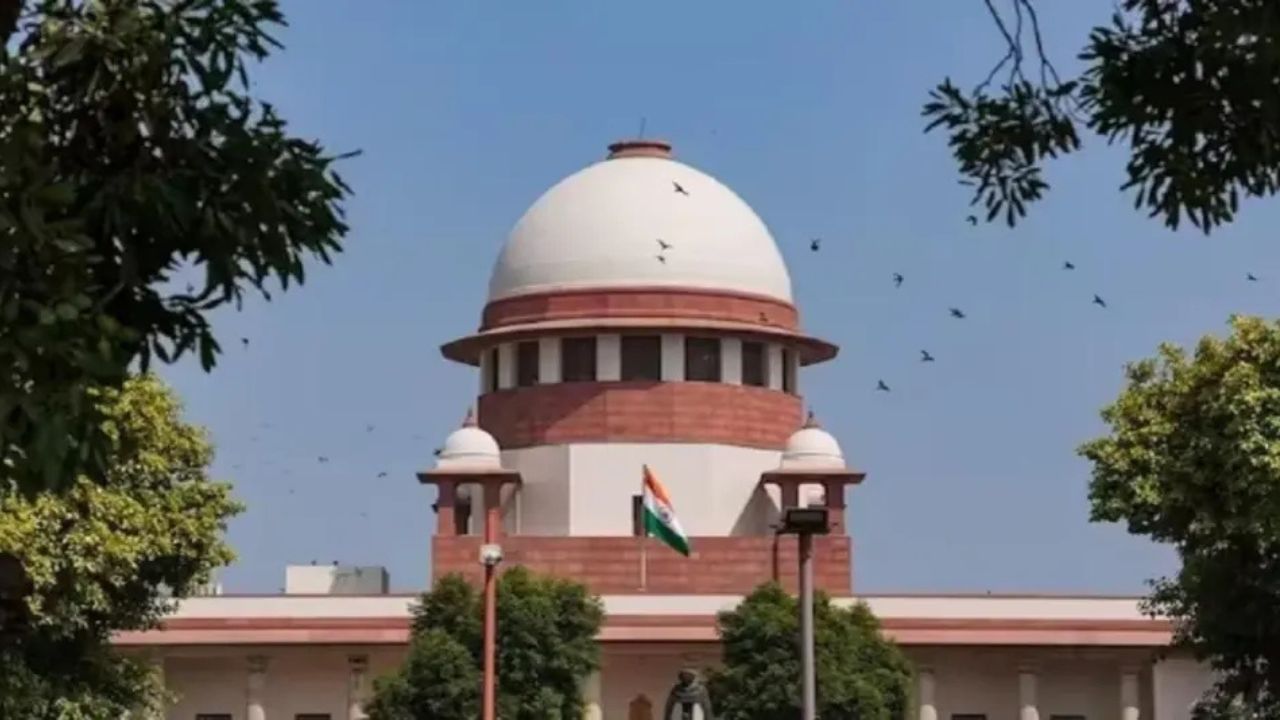 English
English

In simple terms, when the government has any doubts about a legal issue, a major public interest issue, or a dispute between the states and the central government, it resorts to a Presidential Reference. This simply means that the matter is referred to the Supreme Court, where it is considered, and the court then submits its opinion to the President.

Supreme Court
New Delhi: The Supreme Court delivered its verdict on the Presidential Reference on Thursday. In this, President Draupadi Murmu had asked whether a constitutional court can set a time limit for the President and Governors to approve bills passed by state legislatures.
Actually, a Presidential Reference is established under Article 143 of the Indian Constitution. It is a special procedure under which the President has the right to seek advice from the Supreme Court on any legal or constitutional issue.
What is a Presidential Reference?
In simple terms, when the government has any doubts about a legal issue, a major public interest issue, or a dispute between the states and the central government, it resorts to a Presidential Reference. This simply means that the matter is referred to the Supreme Court, where it is considered, and the court then submits its opinion to the President.
Since the government, according to the Constitution, acts in the name of the President, the matter is first referred to the President. From there, the President, with his signature and seal, forwards the question to the Supreme Court for consideration. This entire process is called a Presidential Reference.
What is Article 143?
Article 143 of the Indian Constitution states that the President has the power to seek the opinion of the Supreme Court on any question that is important to the country and involves law. This entire process is called a Presidential Reference.
At the same time, Article 143(2) of the Constitution empowers the President of India to refer certain disputes to the Supreme Court for opinion, which, as per the provisions of Article 131, do not fall within the Supreme Court's original jurisdiction.
The issue of Presidential References arises from the Tamil Nadu Governor Dispute
It is noteworthy that in April this year, the Supreme Court delivered an important decision in the case of the Tamil Nadu Government versus Governor R.N. Ravi. In its decision, the Court set a maximum period of three months for the President and Governors to approve bills passed by the House.
In this decision, a bench comprising Justices J.B. Pardiwala and Mahadevan stated that when a Governor sends a bill for Presidential assent, the President must take a decision within three months from that date.
The President expressed concern over the decision.
Subsequently, the President expressed concern over the Supreme Court's decision, terming it a violation of constitutional limits, and sought the Supreme Court's advice on 14 questions, including whether Governors and the President can exercise their discretion to indefinitely withhold bills.
What are the President's 14 questions?